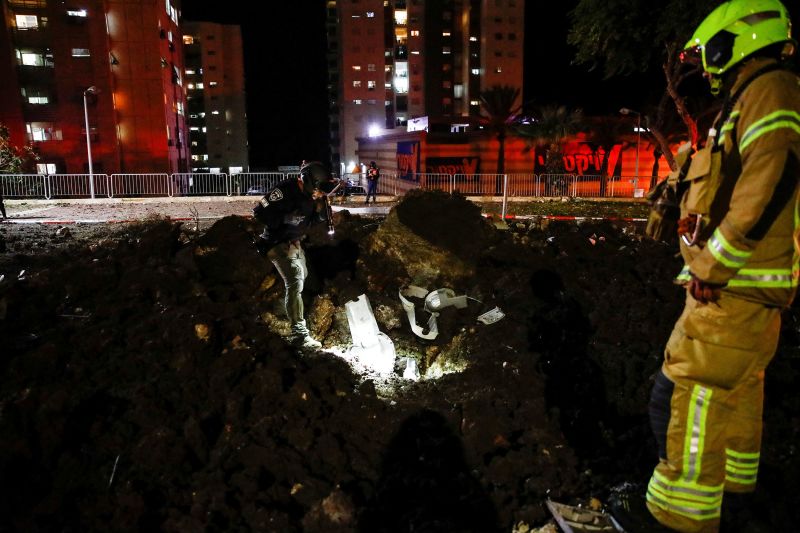Forty percent of Lebanese pupils displaced by Israeli attacks
About half of Lebanon’s school pupils have become displaced by Israel’s bombardment, according to a senior Education Ministry official on Sunday, as Israel’s intensifying attacks on Hezbollah strongholds have forced more than one million people to flee.
“There are 1.25 million pupils in Lebanese schools,” AFP quoted Director General of Education Imad Achkar as saying.
“Forty percent of them have been displaced” by Israeli attacks, he added.
‘Nowhere might be safe soon’ in Beirut as Israel ramps up attacks
Imad al-Refai, a Lebanese man displaced by Israel’s attacks on Beirut, tells Al Jazeera he is now forced to live in his car.
“What we are seeing until now, the amount of destruction we see, shows that there might be no safe spaces. Even here, in the street by the Corniche, it might not be safe as well in the coming days,” said al-Refai.
The UN says Israeli attacks have displaced more than half a million people across Lebanon. As Israel continues its bombardment, that number is likely to increase.
“We have been displaced for 10 days now,” said Hassan, another man. “We don’t have food with us. You are not able to even go and bring new clothes. We left our homes and came here. Every night there is a strike, you cannot sleep. Our situation is terrible.”

Charred cars at the site of an Israeli air raid in Dahiyeh, Beirut, October 6
Traumatised Beirut civilians forced to live on the streets
Dahiyeh, Beirut’s southern suburb that has been repeatedly hit in Israeli air attacks, is home to about 700,000 people.
We’ve been speaking to people forced to live on the streets, in makeshift shelters. They have no idea if they still have a home and whether they will be able to return. The situation is extremely traumatic.
Lebanese officials have called the displacement situation “catastrophic” and say they are overwhelmed.
More than 900 public schools have been turned into shelters, which means that children who were supposed to go back to school at the beginning of October are going to have remote learning for the time being. The start of the school year has been pushed back by a month.
Those shelters are now at full capacity and people are desperate. Even private citizens have been turning their businesses into makeshift shelters.
Despite all of that, it’s still not enough. We’ve seen people sleeping on the streets along the Corniche, in their vehicles and on the beach, as well as in public parks and outside mosques.
Beirut has a population of 2.4 million out of 5.8 million total Lebanese.























































